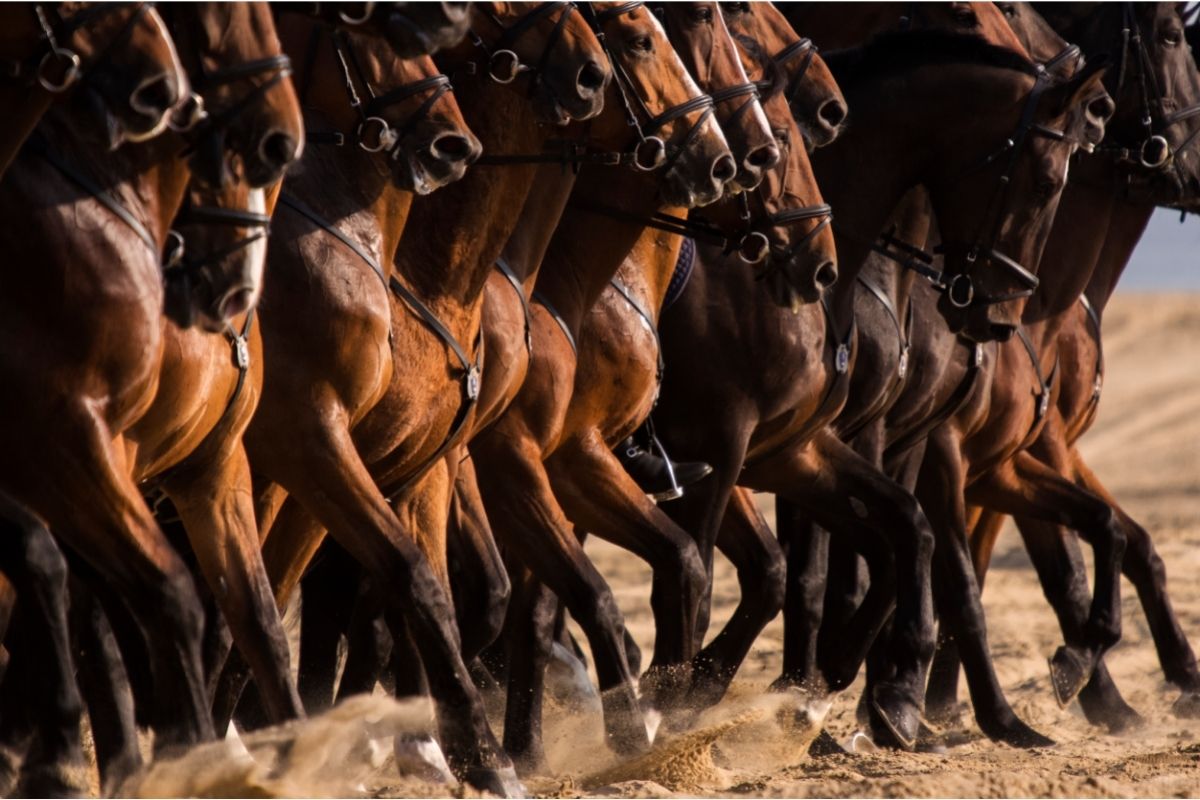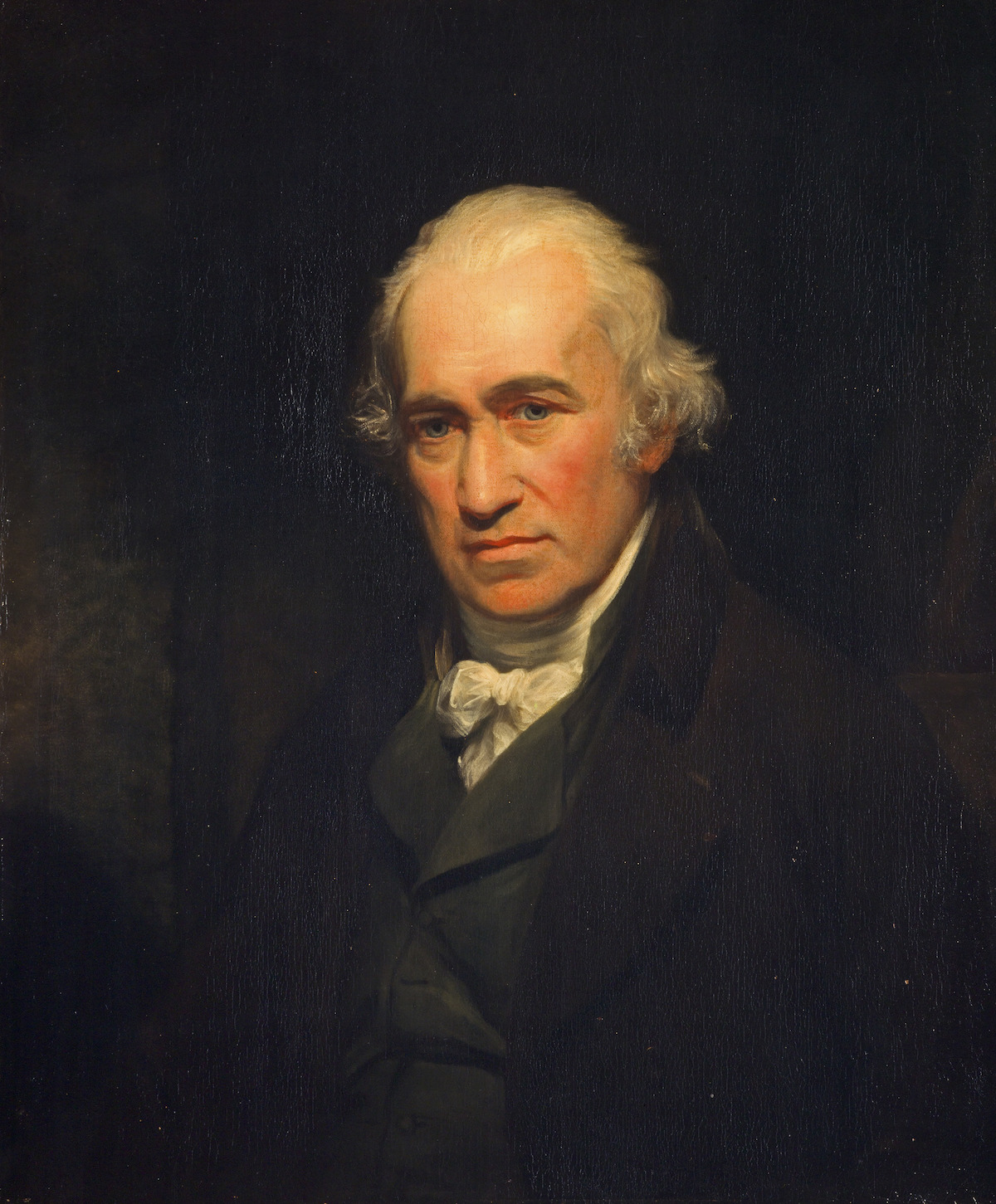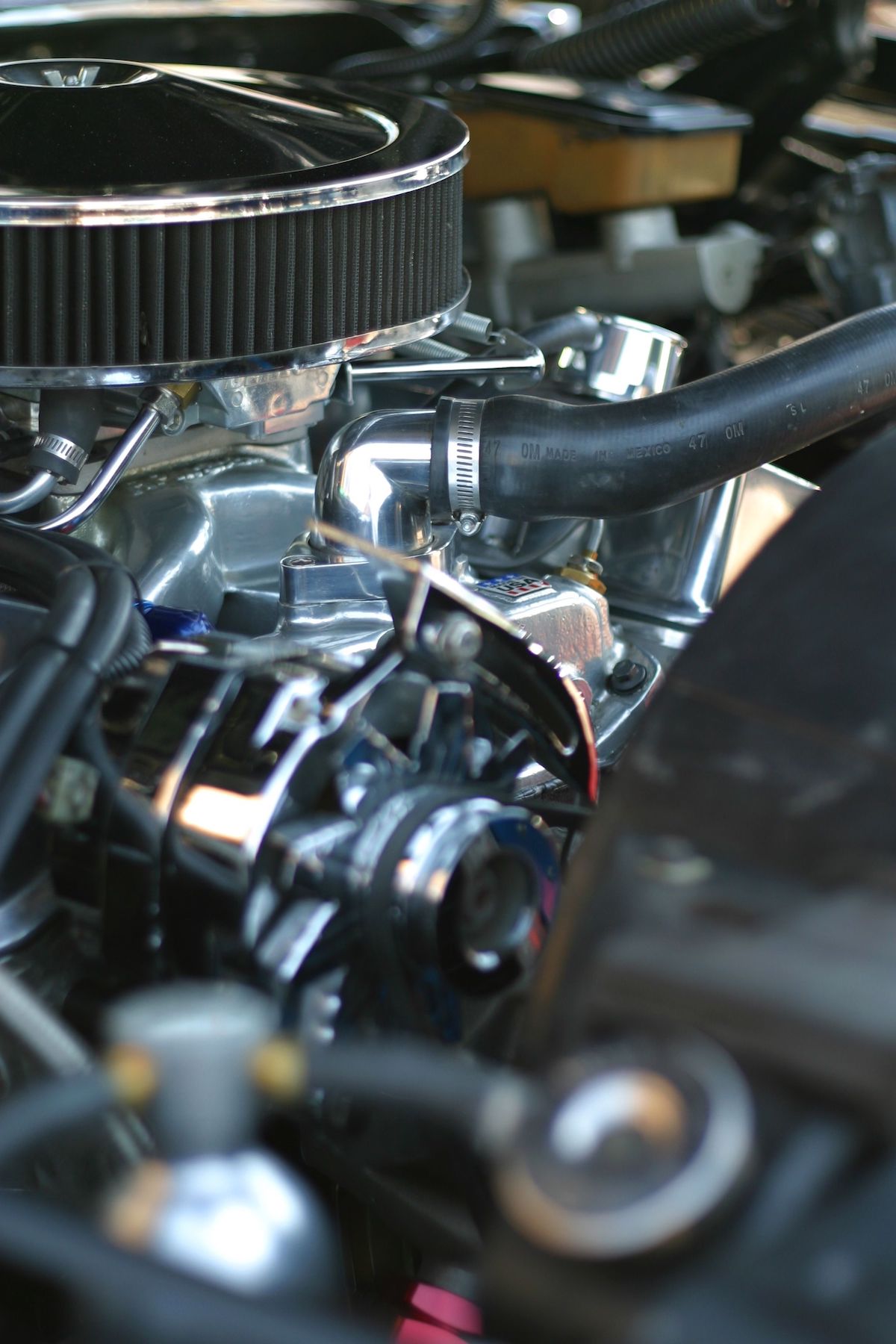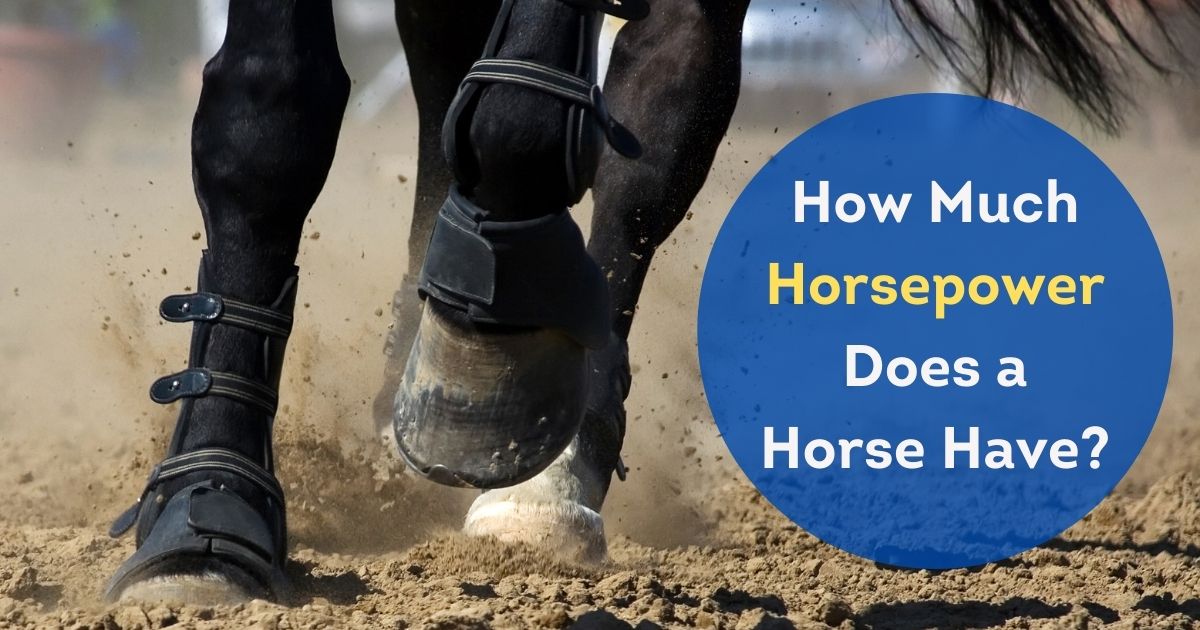Why is it Called Horsepower?
How much horsepower does a horse have? Why is it called horsepower? These are questions that need our attention. Horses were the dominant source of power globally until James Watt invented horsepower in the late 18th century. He came up with this term to equate engine power to horsepower.
Horses are used for many purposes, and Watt proved to the world that they were trustworthy and powerful.
How Much Horsepower Does a Horse Have?
How much horsepower does one horse have? Watt’s calculations were close to the mark. To him, one horsepower is about the average rate of labor a healthy draught horse can do in a whole day.
R.D. Stevenson and R.J. Wassersug, scientists, published a letter in Nature in 1993 estimating the highest power output a horse can manage. According to previous research, the maximal mechanical power per 2.2 pounds (1 kilogram) of muscle is between 0.13 and 0.27 horsepower (100 and 200 watts).
Using the lower bound, they computed a possible max performance of 17652 watts or 24 horsepower. They discovered a substantially lower real-world figure using the 1925 Iowa State Fair data. They estimate that a horse may exert up to 14.9 horsepower (10958,9 watts) in a short amount of time.

How Much Horsepower Does a Human Have?
In brief, a healthy human can create roughly 1.2 horsepower units (882.6 watts). Humans can maintain 0.1 horsepower indefinitely.
Human beings can create 0.27 horsepower (198.6 watts) on average. An extremely fit athlete can generate up to 2.5 horsepower (1838.8 watts) in seconds. The amount of horsepower units a person has varies depending on their fitness level and the type of physical activity.
How Many Watts in One Horsepower?
One horsepower has an electrical equivalent of 746 watts and a heat equivalent of 2,545 BTU (British Thermal Units) per hour in the International System of Units (SI). You can calculate this using a horsepower calculator.
The metric horsepower, which equals 32.5 feet (9.9 meters) per minute, or 1 horsepower (735.5 watts), is another power unit.
Where Did Horsepower Come From?
You may be asking yourself; where did horsepower come from? Scottish engineer James Watt coined the word in the late 1800s to relate the output of steam engines to the power of draft horses. It later broadened to cover the output power of various types of piston engines and turbines, electric motors, and other machinery.
The definition of the unit differed depending on where you were. Power is now measured in most nations using the SI unit watt. Horsepower (hp) is a unit of measurement for power, or the rate at which work is completed, usually concerning the engine horse or motor output. There are a variety of horsepower specifications and types.
The mechanical horsepower (or imperial horsepower) is roughly 745.7 watts, and the metric horsepower, which is approximately 735.5 watts, are two commonly used definitions today.

Horsepower vs. Torque- The Difference
First, let us look at what torque and horsepower are. When you turn on the ignition and press the gas pedal, both are essentially byproducts of your car’s engine. They’re a part of the mechanism that converts the energy needed to propel your vehicle from the air and fuel inside the machine. So let’s take a closer look at the differences between torque and horsepower:
- They measure different things: Simply described, torque is a unit of force measurement. It’s a measurement of the rotational force at the crankshaft within your car’s engine.
- For vehicle acceleration, they work differently: Your vehicle moves through a combination of torque and horsepower when you press the gas pedal. However, they each serve a different purpose in assisting you in accelerating. Torque, in a nutshell, is responsible for getting your car going when you first accelerate. Once the vehicle is moving, horsepower aids in accelerating and maintaining speed for your journey. The amount of power delivered from the engine horse to the wheels, on the other hand, is measured in horsepower. This calculation considers the weight of the thing being transported, the distance it travels, and the time it takes to complete the journey. Multiplying torque by revolutions per minute is a straightforward approach to determine horsepower.
- For towing, torque is more important: If you move trailers, campers, boats, or anything else regularly, torque is crucial for decreasing vehicle strain and pulling the weight. Torque is what helps your car start and handle hills, and it might be more potent than horsepower when it comes to keeping your engine operating smoothly under load. A vehicle with more torque, such as a heavy-duty truck, may take longer to accelerate, but torque’s low-end power makes towing conceivable.
- Vehicle performance is what horsepower is all about: High-horsepower vehicles are made for drivers who want a lot of speed and power. The higher a vehicle’s horsepower rating, the faster it is expected to drive in relation to its size. Even though they have the same horsepower rating, a sports car may outperform a large sedan if the sports vehicle is lighter or more compact. A vehicle with more horsepower might also have superior road handling. Cars with more extensive horsepower ratings, on the other hand, still rely on torque. For the optimum driving experience, these cars are intended to have the right combination of torque and horsepower.
- For fuel efficiency, torque and horsepower are not equal: If you desire a vehicle that is as fuel-efficient as possible, the last difference between torque and horsepower may be the most crucial to you. Both have an impact on fuel economy, although in different ways. The more horsepower units an automobile possesses, the faster it will burn fuel under normal driving conditions and during acceleration. In contrast, the more low-end torque a vehicle has, the slower it may burn fuel, depending on your regular driving and hauling patterns. Last but not least, the amount of torque and horsepower available to a vehicle can influence the rate of wear and tear. If you plan to sell at some point and want to optimize resale value, you should be aware of this.
Why do Cars Lose Power as They Age?
Cars lose power as they age. This is because, over time, things become soiled and worn. For example, air filters and exhausts can clog, preventing airflow to and from the engine; fuel injectors and spark plugs can become clogged, resulting in less effective firing; and fuel pumps can wear down and stop pumping fuel.
Meanwhile, combustion by-products can deposit on horse engine valves, preventing them from closing, lowering the pressure provided by the burning fuel, and creating backfires. More significantly, the piston rings inside the engine can wear down, reducing cylinder pressure and diminishing power production.

How is Horsepower Calculated?
Hp= Fd/t is the formula for calculating horsepower. The letters hp, F, d, and t stand for horsepower, force in pounds, distance in feet, and time in minutes, respectively.
How Many CC’s in One HP?
In general, one horsepower equals 0.9 to 1 inches (14 to 17 cubic centimeters). Different parameters, such as engine tune, size, fuel, and boosting, will affect the price. Watt calculated that a horse could revolve a 24-foot (7.3-meter) mill-wheel 2.5 times per minute during a typical day’s labor.
Watt used the term “watts” to describe the unit of power that equals one joule of labor per second. Hp became the shorthand for horsepower. Horsepower was quickly adopted as a standard measurement for motors and engines. Many use it to measure steam engines and automobiles, boats, planes, lawnmowers, and much more.
